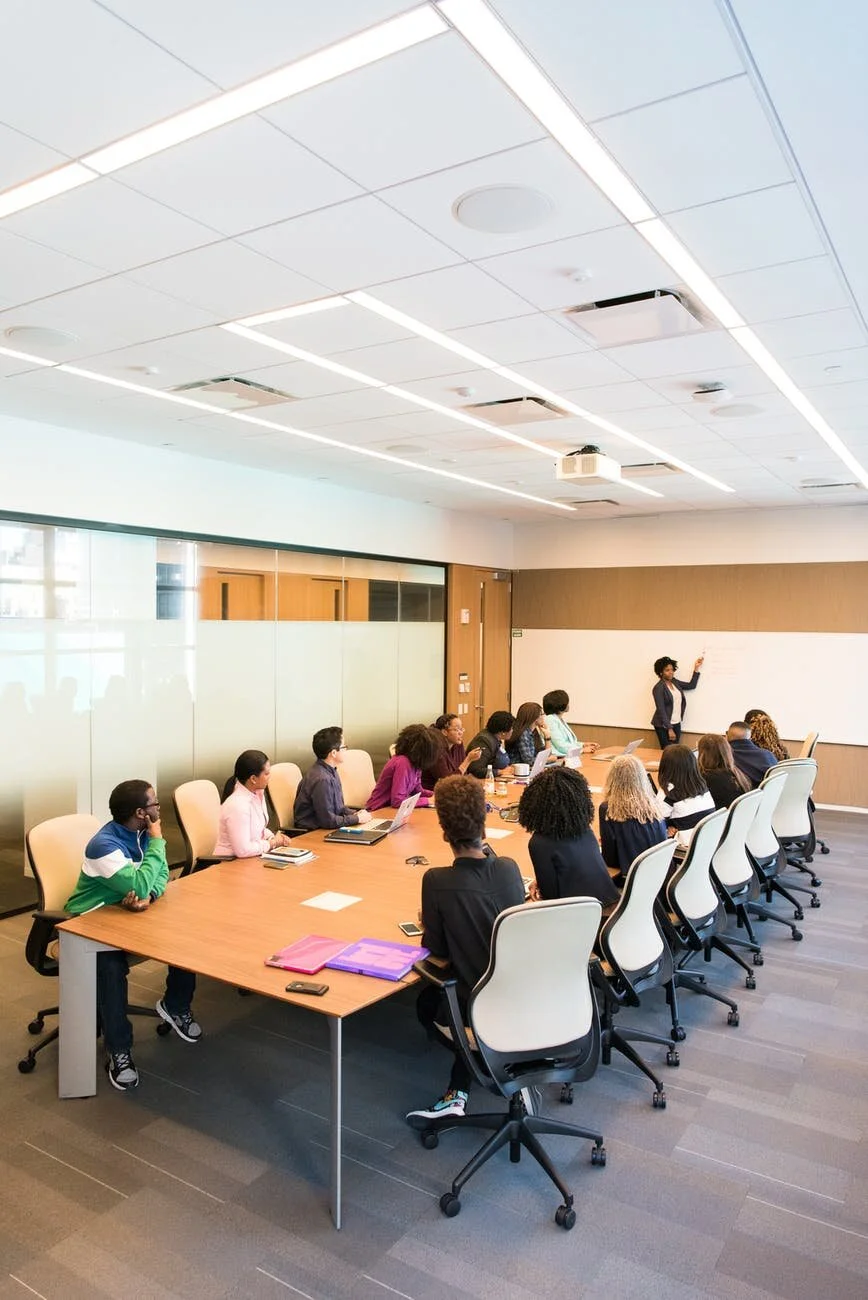CSR HELLAS has Officially Kicked Off the Hellenic Pact For Sustainable Industry
The Hellenic Pact for Sustainable Industry (P4SI-EL) has officially begun, being the first national mechanism in the EU for corporate and sectoral sustainability.
The initiative has been adapted from the broader "European Pact 4 Sustainable Industry" by CSR Europe and aims to provide a roadmap towards a sustainable business model for the three-year period of 2023-2025, addressed to all Greek companies, regardless of size and industry, aiming to help them manage all issues related to their strategy and operation as well as their supply chain and distribution networks (customers), in a responsible and sustainable way.
As the first action of this initiative, CSR HELLAS hosted CSR Atelier no.1 on the 18th of January, bringing together the pioneering Greek companies leading the way in signing the Pact, for an interactive workshop focusing on the topic of “Stakeholder Rights”. This was the first of a series of CSR Ateliers that will tackle different material sustainability issues in relation to significant challenges faced by pioneering companies in transforming their business models around the principles of sustainability, and better adapting to the upcoming regulatory framework.
Through the participatory process of creative exchange of views on which the CSR Ateliers are based, the aim is to create concrete deliverables that encourage and guide companies to develop and implement corporate action plans through which to achieve optimal adaptation to the evolving regulatory framework in relation to corporate sustainability and responsibility.
The Hellenic Pact for Sustainable Industry will provide participating companies from sectors including energy, shipping, mining, metallurgy, health, aviation, etc with a broad range of exclusive services, from the implementation of tools for assessing their maturity levels in terms of sustainability, to engaging with sectoral bodies, key suppliers, and clients, to training seminars on the issues arising as most material during the 3-year process.
For more information:
RELATED NEWS










